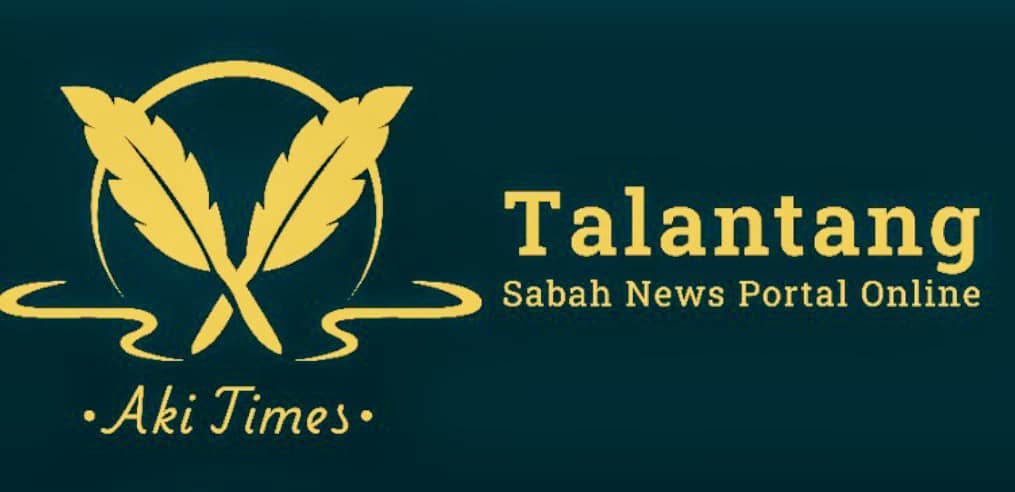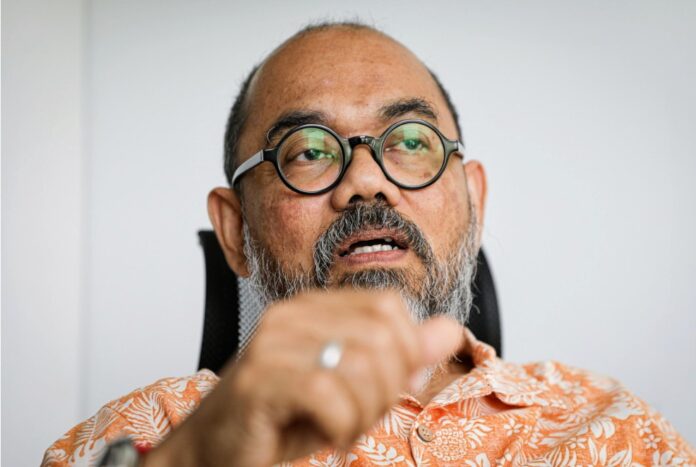By Datuk Zainul Arifin
The government must properly explain the reasons behind licensing platforms, especially concerning safety, as people worry about free speech being limited.”
(This has appeared in the Scoop)
THE government’s plan to license social media companies has many, especially its critics, suggesting that we are now on the slippery slope that is a prelude to a clampdown on free speech.
It is worrying, of course, if we are heading that way.
Anyone in support of democracy or the freedom of speech would be worried since we have been so used to social media – and by extension the internet, being the free-for-all alternate where anyone can and will say anything.
Are all the promises of media freedom political hogwash troped out on the hustings and conveniently used when one is across the aisle of the political divide but not when one is holding the levers of power?
Come January next year, social media companies must be registered – presumably with the Malaysian Communications and Multimedia Commission (MCMC) – for them to continue to operate here.
The major companies, namely Meta (Facebook, Instagram and WhatsApp), Bytedance (TikTok) and Google (YouTube) have stated their opposition, while others, especially the ones doing business here, have distanced themselves – perhaps a tad – from the big guys.
This is raising a lot of concerns, chiefly of course: what would happen if they are not licensed by then or refused?
What will happen to the social media entrepreneurs and dancing influencers?
Well, theoretically, they would likely be blocked.
There is pornography, child grooming content, gambling, scams, and false advertising all over the internet and social media, and they are going on with impunity even as we speak.
For instance, between 2018 and 2024, MCMC blocked over 24,000 websites, with almost three-quarters of them involved in pornography, online gambling, prostitution, and the like. Others included infringement of copyrights or unlicensed commerce.
Only 2% were for acts that broke the law, presumably as a result of complaints or actions by police, and this raised the most ire suggesting suppression of speech.
It is obvious that Malaysia is not the only country thinking about getting these social media companies to observe local rules and regulations.
The US Congress, for instance, subpoenaed the chiefs of social media companies to testify before it over concerns that these platforms were not giving protection to young users, as well as concerns over foreign entities owning much of their citizens’ data.
In fact, the US has proposed to ban TikTok unless its operations in the US are sold to American interests.
The French government recently arrested the founder of messaging app Telegram over abuses on the platform including child pornography, scams, drug trafficking, money laundering, and sites for terror organisations to congregate, among others.
All these actions by the governments seemingly are affronts to free speech, yet it has been argued that they are in fact grounded on societal concerns.
Also, whether we like it or not, they are also an exercise to exert sovereignty over businesses that often claim that cyberspace cannot be subjected to “real world” rules and regulations.
Ironically, the risk of curbs on their businesses and the prospect of financial losses – and incarceration in some cases – brought them down to earth, and the argument for free speech became secondary.
What these political pressures have done was to get these companies to act on complaints, which they themselves agreed, that there were some nasty things over their platforms.
As a result, Instagram recently announced new safety features like the “Teen Accounts” where access to their posts is limited and comes with parental controls as well as a new algorithm to filter potentially negative content.
Telegram will now implement measures that include avenues for people to report abuses, as well as restrictions on the spread of harmful content.
It also pledged to provide information and remove harmful content as requested by law enforcement agencies.
Obviously, Malaysia is not as influential as the US or France, and our market is not as large as for them to worry about their business.
However, other countries are also not too happy over the scant attention offered to their complaints and are presumably looking at what we are doing with interest.
One of the reasons for asking the businesses operating these social media platforms to register in the country is for accountability.
Many of these platforms continue to allow damaging content that clearly would not have been allowed under the law with impunity.
We are not talking about the 3Rs (royalty, race and religion) nor the freedom to criticise or to express or to create, but content that clearly is out to damage society such as child pornography, scams, fake news, and the like must be flagged.
However, the government and MCMC’s main issue is to get people to look beyond their scepticism and cynicism.
There is some degree of distrust of the government, fuelled largely by politics, as well as experience.
This is understandable as we in this country have had a history of censorship and suppression of the media.
Newspapers were shut down and anti-press laws enacted – the sword of Damocles constantly hanging over media companies and journalists.
The government has to make a better fist of explaining the rationale of such licensing efforts if it is so inclined to do so.
It must build a case for it, and at the same time offer assurances that legitimate criticisms or dissension is not what the regulation is after.
It must show that undeniably the media is freer now than ever, but the people have yet to be convinced.
At the end of the day, the social media companies are businesses.
The altruism they seemingly exhibit is just veneer over their capitalistic intentions.
While the government may force them to comply, it will be the reaction of social media users that will form their decision-making.
If more people are unhappy with the filth and dangers brought to our homes by social media companies, then these operators would surely oblige to tamper things. – scoop.com
Editor: Datuk Zainul Arifin is chief executive officer of Big Boom Media which publishes Scoop

